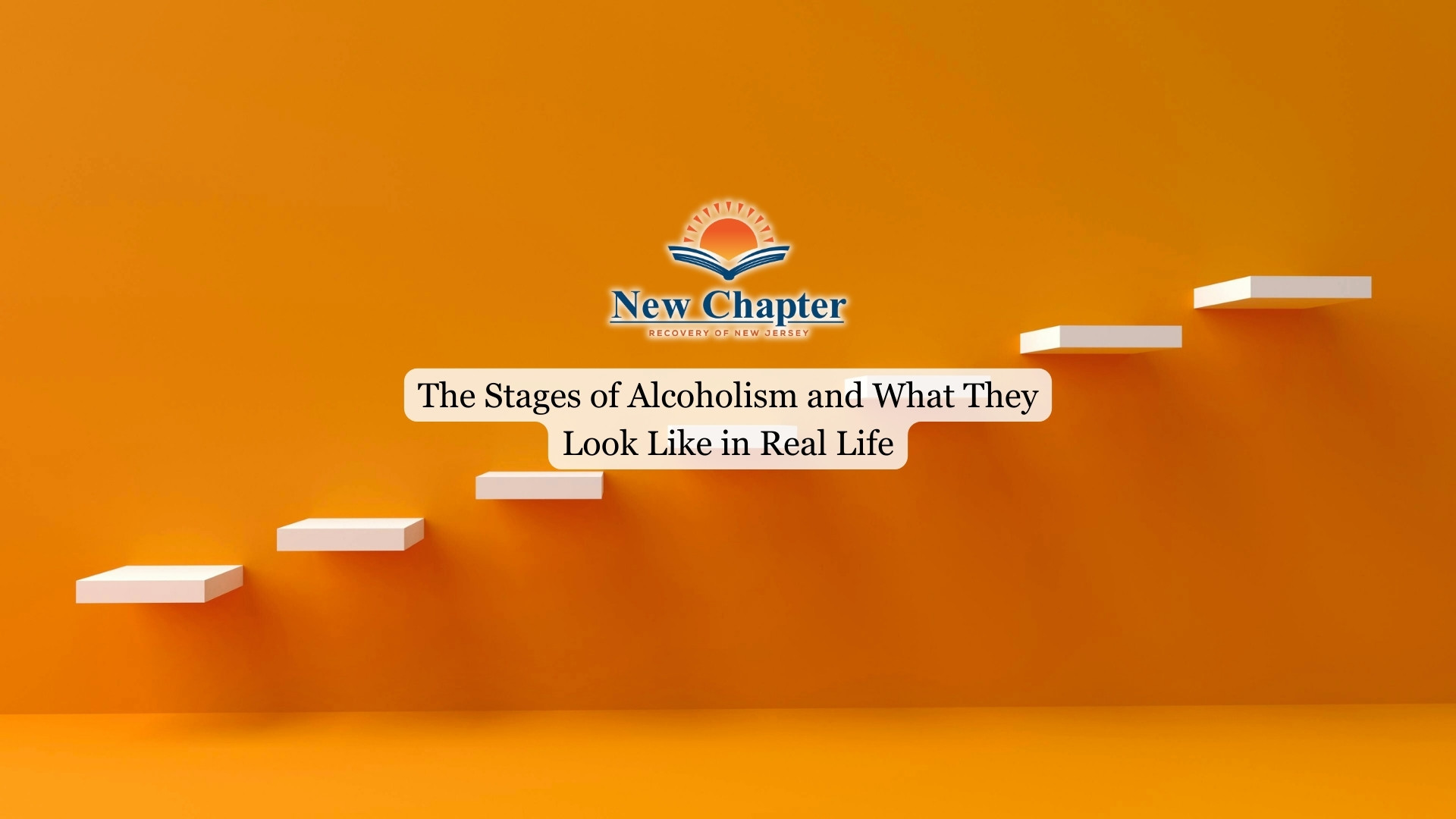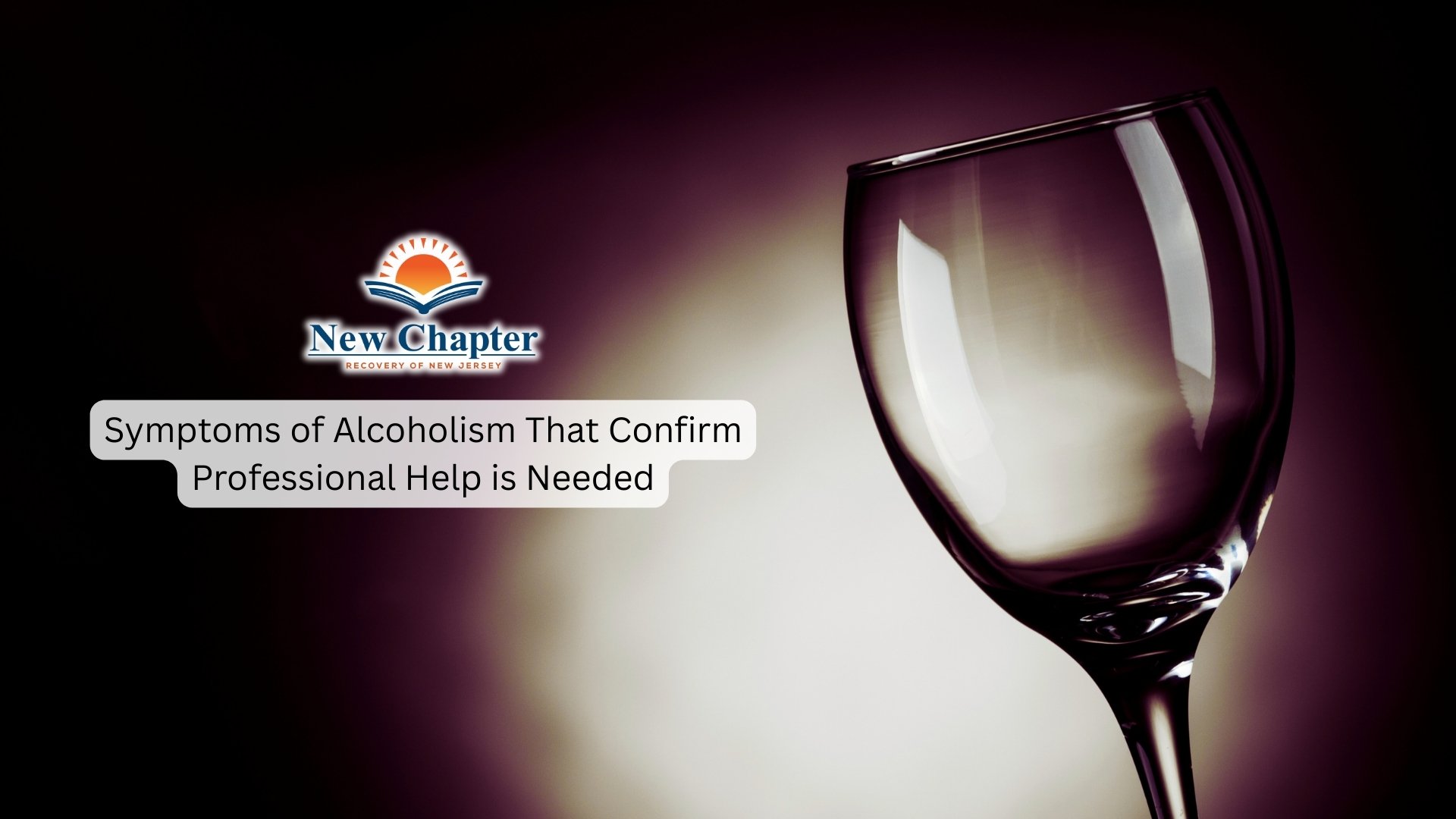Ritalin is a commonly prescribed medication for treating Attention Deficit Hyperactivity Disorder (ADHD), which is well-known for its stimulant effects that help improve focus and reduce hyperactivity. However, some individuals may experience sleepiness as an unexpected side effect.
In this article, we will explore the reasons behind Ritalin-induced sleepiness, discuss practical steps you can take to manage this side effect, and provide guidance on when to consult your healthcare provider for alternative treatment options.

Table of Contents
ToggleWhy Ritalin Can Make You Feel Sleepy?
The sleepiness experienced by some individuals taking Ritalin for ADHD is primarily due to the drug’s interaction with brain chemistry, particularly its effect on dopamine levels.
While increased dopamine typically improves focus and reduces hyperactivity, in some people, the calming effect can be so pronounced that it leads to feelings of sleepiness.
The body’s response to long-term stimulant use may also contribute to this phenomenon, as the enhanced focus and reduced hyperactivity during the day could result in a rebound effect, causing sleepiness once the medication wears off.
If you’re used to a constant state of mental activity, the initial adjustment period to Ritalin’s calming effects may lead to drowsiness.
Dosage and timing also play a significant role in energy levels, with incorrect dosages potentially causing tiredness. About 20-30% of individuals with ADHD may experience persistent sleepiness, indicating that medication optimization may be necessary.
If you’re dealing with side effects from such prescription drugs or battling addiction, there are caring Ritalin addiction professionals who are prepared to help you on your journey to recovery.
Steps to Take if Ritalin Makes You Sleepy
These are the main strategies one should take into consideration when experiencing sleepiness as a side effect of Ritalin intake.
Monitoring Side Effects and Energy Levels
Keeping a journal of when fatigue occurs in relation to medication peaks can help identify patterns. This information is valuable for discussions with your healthcare provider about potential dosage adjustments.
Monitoring also involves observing how sleep quality, hydration, and nutrition impact your energy while on Ritalin. Persistent sleepiness may indicate a need for optimization, so tracking these factors is key.
Regularly check in with your doctor to evaluate side effects and ensure your treatment plan remains effective.
Adjusting Medication Dose and Timing
Collaborate with your doctor to fine-tune your dosage, as 20-30% of individuals with ADHD may require medication optimization to address fatigue.
You should be taking Ritalin at the right time to align its peak effects with periods of required focus and activity. Your doctor may recommend taking the last dose before 6 PM to minimize sleep disturbances and daytime drowsiness.
Adjusting your dosage can help prevent energy crashes, ensuring that the medication enhances focus without causing excessive fatigue.
Improve Sleep Quality and Daily Habits
Aim for 7-9 hours of sleep per night and stick to a consistent sleep schedule to help your body adjust.
Engage in at least 150 minutes of moderate exercise weekly to improve sleep quality and reduce daytime sleepiness. Stay hydrated throughout the day by drinking at least 8 cups of water, as dehydration can lead to fatigue.
Eat balanced meals with whole foods, including proteins, whole grains, fruits, and vegetables, to stabilize energy levels.
Talk to Your Doctor
Discuss any persistent drowsiness or side effects with your doctor, as they may indicate the need for a dosage adjustment or medication change.
Keep a detailed log of your energy levels and symptoms to provide specific information for more effective adjustments. Explore potential interactions with other medications or lifestyle factors that may contribute to your sleepiness.
Schedule regular follow-up appointments to ensure ongoing evaluation and management of your ADHD symptoms and any side effects from Ritalin.

Exploring Alternative Treatment Options
If Ritalin’s side effects, like sleepiness, persist despite dosage adjustments, it’s worth exploring alternative treatment options with your healthcare provider.
Non-stimulant medications, such as atomoxetine and guanfacine, may be less likely to cause drowsiness while still addressing ADHD symptoms.
Behavioral therapy and cognitive-behavioral therapy (CBT) have proven effective in managing ADHD, and can be used alongside medication for better outcomes.
Lifestyle changes, including regular exercise, a balanced diet, and proper sleep hygiene, can also significantly improve focus and energy levels.
Mindfulness practices and relaxation techniques, like yoga and meditation, may help reduce symptoms without the side effects associated with stimulants.
Nutritional supplements, such as omega-3 fatty acids, have been researched for their potential to improve ADHD symptoms and provide an adjunctive option to traditional medications.
Final Thoughts from New Chapter Recovery
If you discover that your relationship with Ritalin or other ADHD medications like Adderall has become problematic, don’t hesitate to seek help from a qualified healthcare professional or addiction specialist.
If you find it difficult to manage your Ritalin use or are experiencing negative consequences in your life due to the medication, it may be time to seek professional assistance. New Chapter Recovery in New Jersey offers comprehensive Ritalin addiction treatment, combining evidence-based practices with personalized care.






